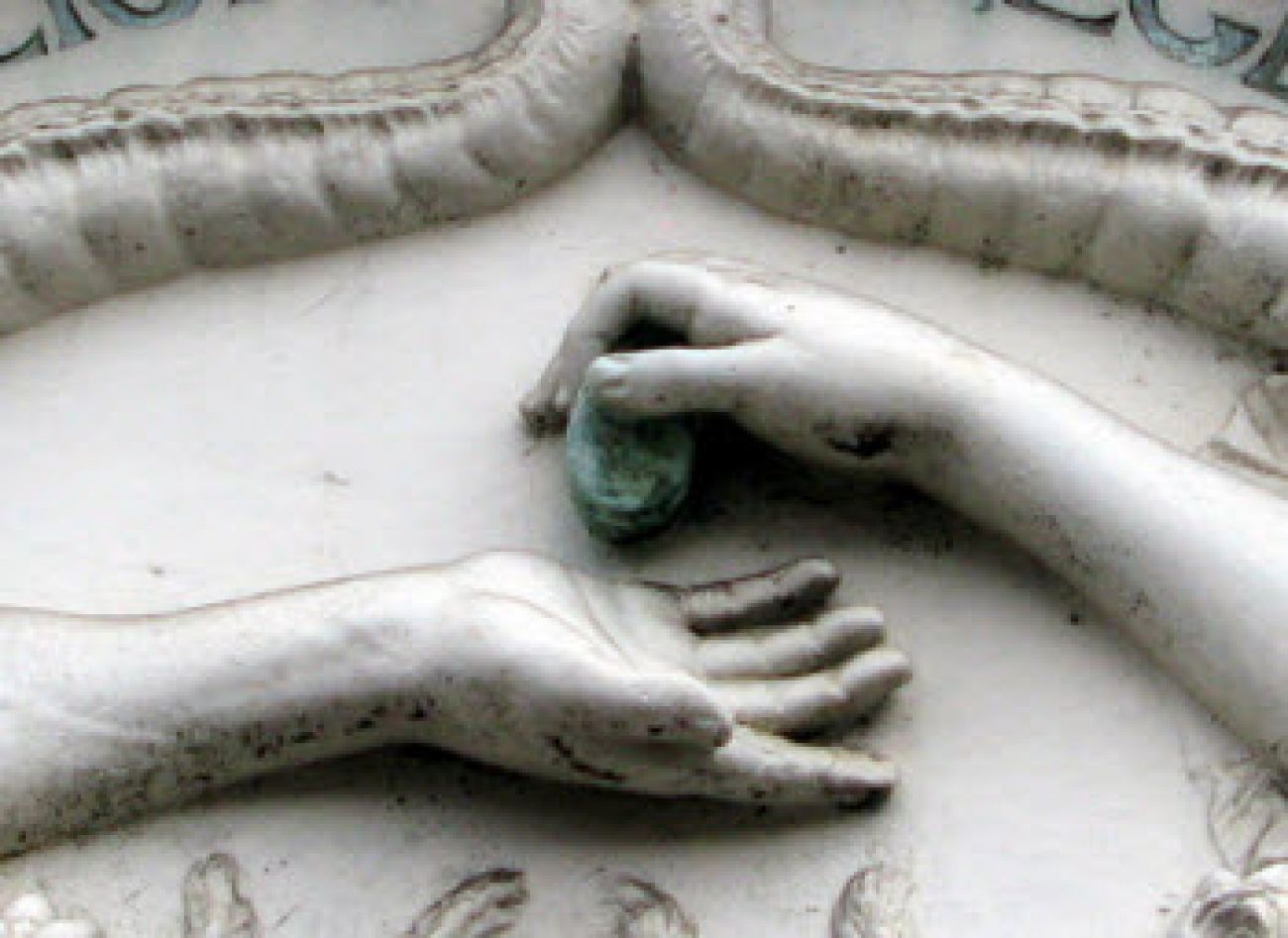Guest column: Michigan will spend for better state

By John Austin/Michigan Economic Center
Over a year ago a set of citizens, leaders and organizations came together in the Michigan Economic Center to tap Michigan citizen’s ideas about how to move our economy forward. Our motivation was a belief that foundational economic assets of our state, which also are parts of our unique identity, were being diminished: great schools and universities, quality roads and transportation system, vibrant and historic cities, clean water, outdoors and great parks.
These are “public goods,” the things we do together as a community with our tax dollars, that the private sector and market does not provide on its own, that have suffered through years of tax and budget cuts and economic decline.
We saw other states facing similar fiscal and economic challenges that were still able to mobilize public will to support important investments: billions for business creation and university-led innovation in Ohio; clean water, outdoors, parks and art investment in Minnesota; higher education support in North Carolina at three times Michigan’s rate.
We wanted to know if Michigan citizens saw things the same. Through citizen focus groups, surveys, we asked: What does Michigan mean to you? What makes Michigan special? What is important to our economy? What condition are we in today? How would we do better? How should we pay for it?
The report released today shares what we learned:
* Michigan Citizens believe ‘public good” investment matters.
Sixty-four percent of Michigan citizens believe the most important thing state government can do for job creation is not tax cuts, but “provide quality education, good roads and transportation, good public services like safety, water, fire, parks and libraries that create an environment in which people want to live, work and run a business.”

- John Austin directs the Michigan Economic Center at Prima Civitas Foundation, and is the elected Democratic president of the Michigan State Board of Education.
* Michigan citizens see public goods degraded.
Fifty-one percent of citizens believe important public services (including road repair, local police and fire, quality schools and higher education, and state parks) are in worse or much worse condition today than 10 to 15 years ago.
* Citizens see a multi-faceted Michigan “ideal.”
Michigan values include: hard work and family; being fighters through adversity; the Great Lakes and outdoors as places to esacpe with family; our universities and education that provided a pathway to opportunity; andcommunities that are good places to raise families.
* Citizens say ideal and reality are not the same.
Michigan citizens see a significant gap between the “ideal” Michigan and current reality, which is defined by hardship, anxiety and struggle.
* Citizens see a four-point investment strategy to close the gap.
Citizens place urgency on a number of public good investment areas, including: ensuring public safety and fighting crime; providing quality education; protecting Great Lakes and natural resources; and supporting small business and innovation.
Michigan citizens also responded favorably to a number of specific strategies that spoke to important values and priorities, such as:
- A Vital Services Fund to invest in core community services.
- A Pure Michigan Fund to invest in clean water, conservation and recreation.
- A STEM scholarship Program and a Michigan Promise Initiative to pay for college for students who worked hard and applied their talents to Michigan.
- A Hatch Michigan Fund for supporting home-grown entrepreneurs.
All these concepts were seen favorably by more than 80 percent taking the statewide survey.
In raising revenue to pay for valued public good investment strategies, a majority of Michigan citizens said they wanted “polluters to pay” taxes; taxes to be levied on extractive industries; an increase in sin taxes; and a progressive or graduated income tax.
These findings provide insight and beginning direction about Michigan citizen values, priorities and the types of public good investment that do have potential broad appeal.
The report tells us how we might fashion needed higher education investments to win broad public support — by “getting something back” from our investment — and rewarding hard work. It validates the broad consensus that road and infrastructure funding are an urgent priority — and tells us a bit more about how we might raise the money to get that job done.
Findings also suggests we just discounted some of our precious Michigan assets, when legislation passed late last year levied only a modest, smaller-than-peer-states’ tax on mining interests to fund rural economic development. Citizens favor a robust extractive industries tax — when companies make a windfall mining our “jewels.”
We have more listening to do, to fine-tune what we might do to invest in Michigan, to call forth the latent, but strong support Michigan citizens have for making this state realize its promise anew. But we should all take heart that the citizens of Michigan are with us.
See what new members are saying about why they donated to Bridge Michigan:
- “In order for this information to be accurate and unbiased it must be underwritten by its readers, not by special interests.” - Larry S.
- “Not many other media sources report on the topics Bridge does.” - Susan B.
- “Your journalism is outstanding and rare these days.” - Mark S.
If you want to ensure the future of nonpartisan, nonprofit Michigan journalism, please become a member today. You, too, will be asked why you donated and maybe we'll feature your quote next time!

